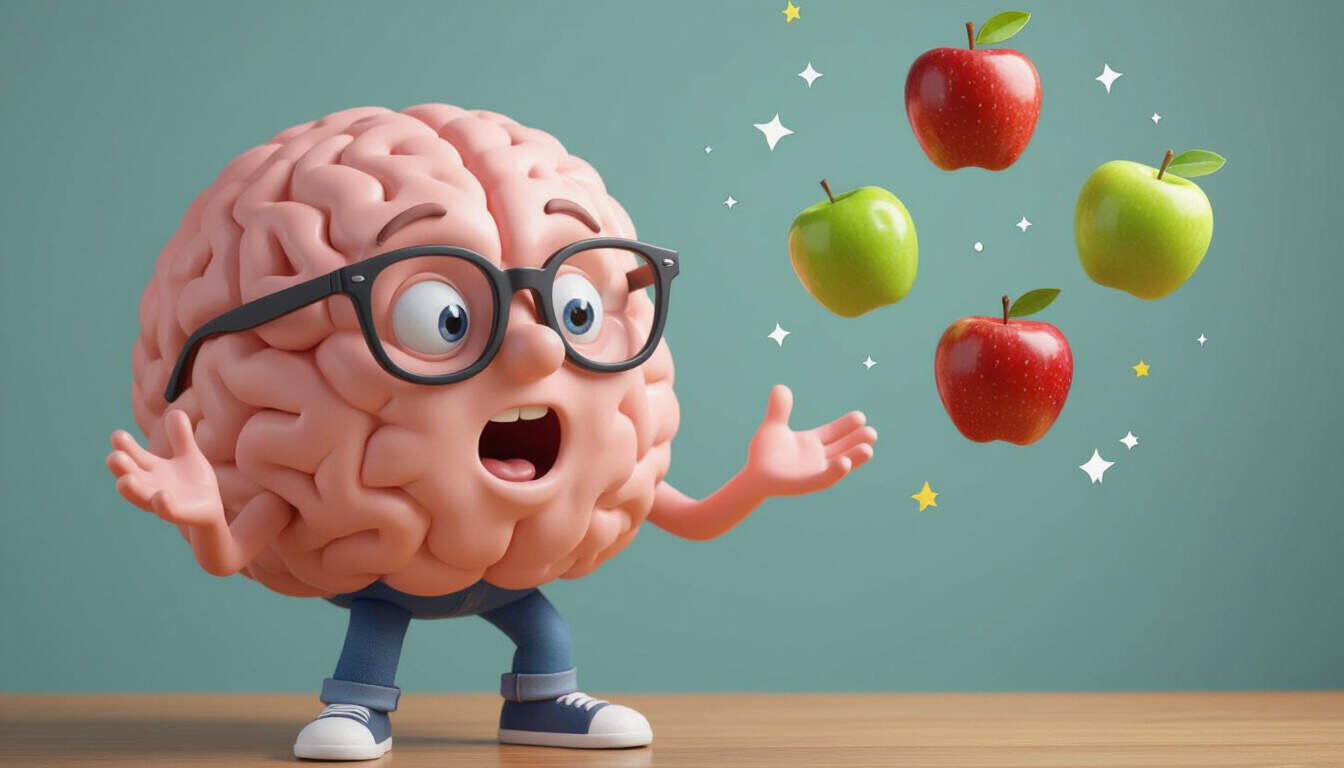Effective Solutions for Brain Fog
 by Thaddeus Blanda
by Thaddeus Blanda
Discover practical ways to clear brain fog and enhance mental clarity through simple, everyday strategies. This article explores mindfulness techniques and lifestyle adjustments to help busy professionals and students regain focus and energy, leading to better personal development.

Brain fog can affect anyone, making daily tasks feel challenging and reducing overall productivity. It often appears as a lack of concentration or mental tiredness. For busy professionals and students, addressing this issue is key to maintaining performance and well-being.
What is Brain Fog?
Brain fog is a common experience where clear thinking becomes difficult. It might involve forgetfulness or trouble focusing on work. Brain fog can stem from various factors like stress or poor sleep, impacting how we handle our routines.
Many people notice it after long hours of study or work. Recognizing the signs early allows for timely interventions that support mental health.
Causes of Brain Fog
Several elements contribute to brain fog. Lack of sleep is one major factor, as rest is essential for cognitive function. Poor nutrition can also play a role, with diets low in key nutrients affecting brain performance.
Stress from demanding schedules is another common trigger. For students, exam periods might worsen it, while professionals dealing with tight deadlines could face similar issues. Identifying these causes helps in creating effective plans for improvement.
Hydration levels matter too; even mild dehydration can cloud thoughts. By paying attention to these aspects, individuals can take steps toward better mental clarity.
Simple Solutions to Combat Brain Fog
There are straightforward ways to tackle mental clarity challenges. Starting with mindfulness practices can make a big difference. For instance, taking short breaks for deep breathing exercises helps reset the mind and reduce overwhelm.
One effective method is meditation. Spending just 10 minutes a day on quiet reflection can sharpen focus and ease mental fatigue. These practices encourage a sense of calm, which is vital for personal growth.
Physical activity is another helpful approach. Regular walks or light exercises improve blood flow to the brain, aiding in clearer thinking. Incorporating movement into daily routines supports overall health and resilience.
Diet plays a significant role as well. Consuming foods rich in omega-3 fatty acids, like fish and nuts, nourishes the brain. Balanced meals with plenty of fruits and vegetables provide the energy needed for sustained attention.
Staying hydrated is equally important. Drinking enough water throughout the day keeps the body and mind functioning optimally, preventing the dullness that comes with dehydration.
Building Long-Term Habits for Personal Development
To overcome brain fog permanently, focus on sustainable habits. Journaling is a great tool; it allows for reflection and tracking progress, fostering self-awareness and growth.
Setting realistic goals helps maintain motivation. Breaking tasks into smaller steps makes them manageable, reducing the mental load and promoting a positive mindset.
Creating a consistent routine is beneficial. Allocating specific times for work, rest, and relaxation ensures a balanced lifestyle. This structure supports ongoing personal development and prevents burnout.
Social connections also aid in this process. Engaging with friends or joining groups provides emotional support and new perspectives, enhancing mental resilience.
Mindfulness Techniques for Daily Life
Mindfulness involves being present in the moment. Simple techniques like mindful walking—paying attention to each step—can clear mental clutter and improve focus.
Practicing gratitude is another way to shift perspective. Noting a few positive things each day builds a more optimistic outlook, which contributes to better cognitive function.
Combining these with regular self-care routines creates a strong foundation. Over time, these habits lead to greater clarity and fulfillment.
The Role of Sleep and Rest
Quality sleep is fundamental for cognitive health. Aiming for 7-9 hours per night allows the brain to recharge. Establishing a bedtime routine, such as reading or dimming lights, signals the body to wind down.
Avoiding screens before bed preserves natural sleep patterns. Well-rested individuals often report higher levels of energy and sharper minds, making it easier to handle daily demands.
Conclusion
Addressing brain fog through targeted strategies can lead to significant improvements in mental clarity. By incorporating mindfulness, healthy eating, exercise, and rest, individuals can achieve a more focused and productive life. These steps not only resolve immediate issues but also support long-term personal development, empowering busy professionals and students to thrive.
Remember, small changes add up over time. With patience and consistency, clearer thinking is within reach, opening doors to greater success and well-being.
